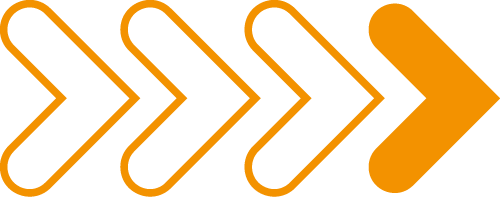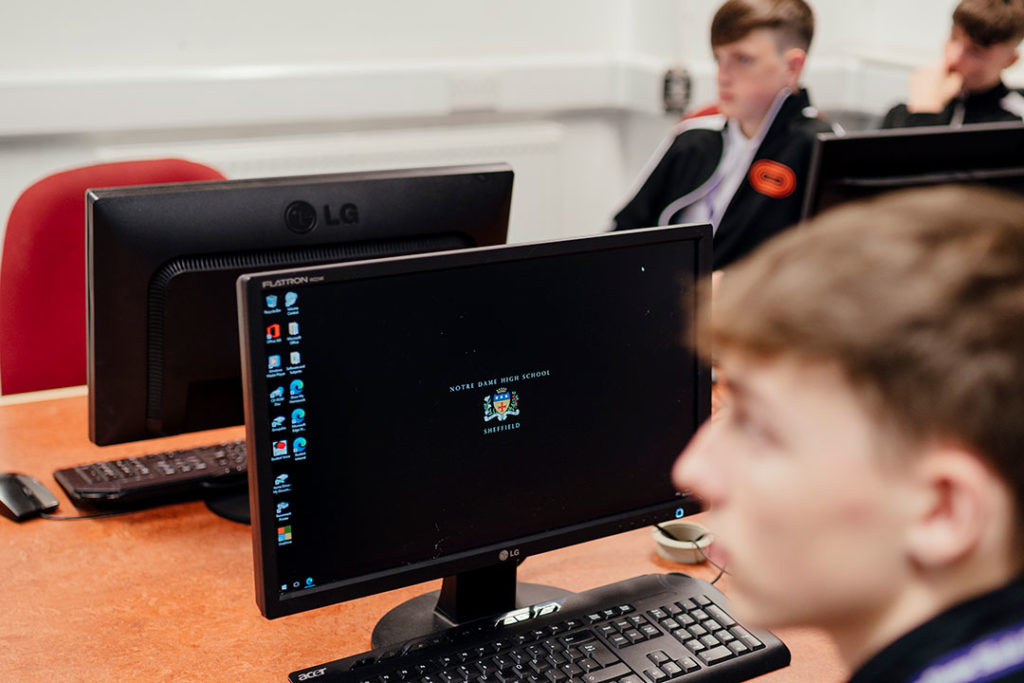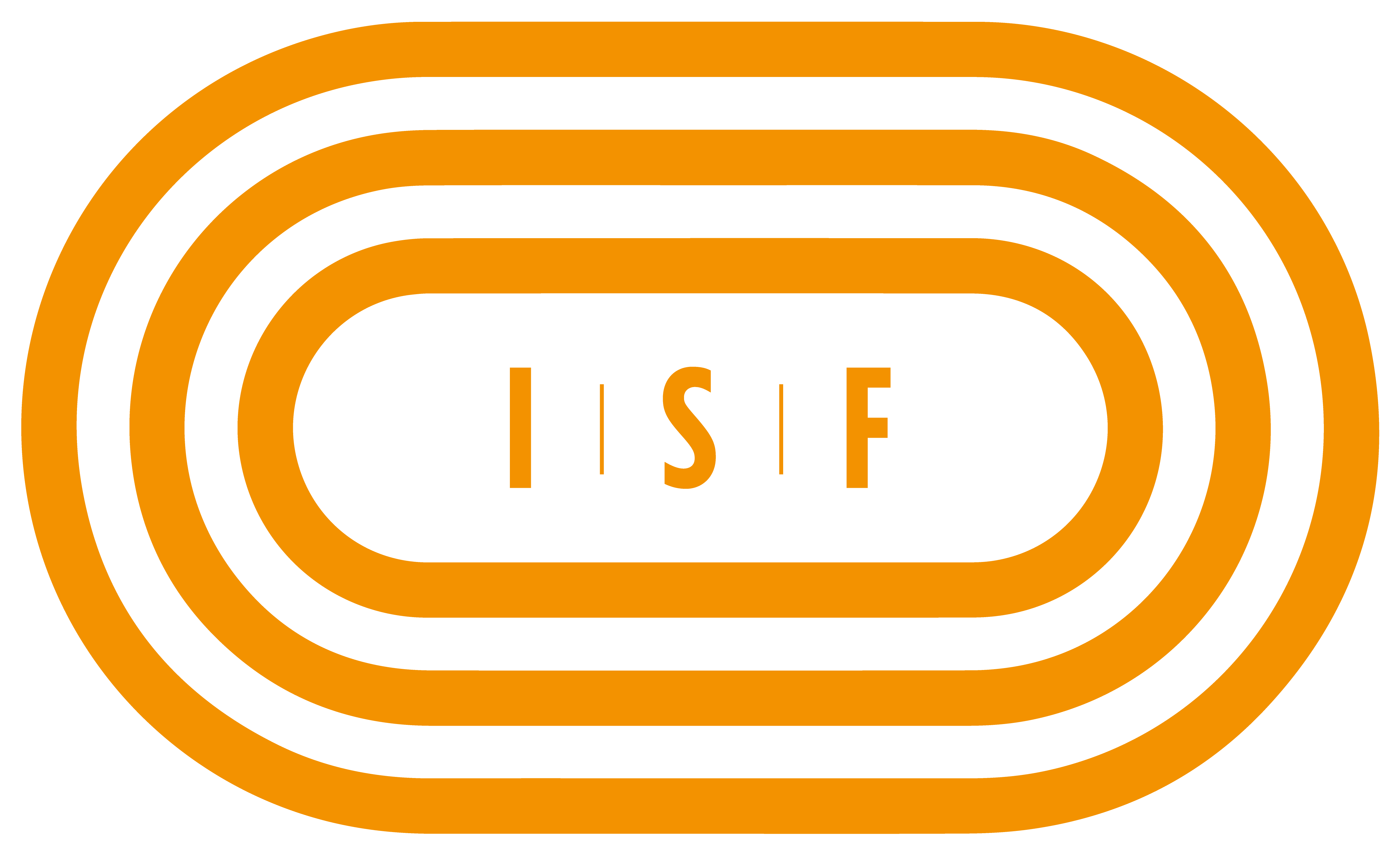ISF Course
The BTEC
BTECs are high-quality, career-focused qualifications grounded in the real world of work. This means BTEC learners develop and apply the knowledge, skills and behaviours that employers and universities are looking for.

Pathway options


ISF have created a flexible delivery model to suit students working at various levels. When enrolling on ISF students have the option of Pathway 1 or Pathway 2, depending on their current academic level, GCSE results and future aspirations.
During the onsite delivery sessions, students from pathways 1 & 2 will work in the same group. Students who have chosen pathway 2 will be required to attend one online teaching day per week to achieve the additional units required for the extended version of the diploma.
Pathway 1
Students who choose Pathway 1 will complete:
- Level 3 Diploma in Sports Coaching and Development (7 qual units)
- Level 2 Certificate in Coaching
- 100+ hours of work experience
- GCSE Maths (if required)
- GCSE English (if required)
Pathway 1 students will be required to:
- Attend 6th Form 2-days per week (on site)
- Attend work placement 3-5 hours per week
Pathway 2
Students who choose Pathway 2 will complete:
- Level 3 Extended Diploma in Sports Coaching and Development (12 qual units)
- Level 2 Certificate in Coaching
- 100+ hours of work experience
Pathway 2 students will be required to:
- Attend 6th Form 2-days per week (on site)
- Attend online remote teaching sessions 1-day per week (via Zoom)
- Attend work placement 3-5 hours per week
Like to find out more?
Pathway 1

This pathway is ideal for students who have aspirations of going straight into employment on completion of the programme.
There will also be the option for students to resit their GCSE maths and/or English if they did not achieve a grade 4+. GCSE resits will be taken alongside other Notre Dame students.
As ISF do not have control over the Notre Dame subject timetable, students’ placement time may be limited until a grade 4+ is achieved.
Mandatory Units:
- Careers in the Sport and Active Leisure Industry
- Health, Wellbeing and Sport
- Developing Coaching Skills
- Applied Coaching Skills
- Sport Development
- Self-employment in Sport and Physical Activity
- School Sport Delivery
Level 3 Diploma in Sports Coaching and Development
- Equivalent in size to two A Levels – A maximum of 112 UCAS points available
- Course Length – 2 Years
- Entry Requirements – A minimum of 2 GCSEs or equivalent at grade A-C (Maths, English and PE/Sport Preferred)
| Grade | Tariff points |
|---|---|
| D*D* | 112 |
| D*D | 104 |
| DD | 96 |
| DM | 80 |
| MM | 64 |
| MP | 48 |
| PP | 32 |
National Diploma (BTEC)
Pathway 2

This pathway is ideal for students who perform well academically and have a strong work ethic. The completion of all 12 mandatory units is ‘no mean feat’ and will take time and dedication.
This pathway provides the best opportunity for a successful university application, if Higher Education is your preferred next step.
Mandatory Units:
- Careers in the Sport and Active Leisure Industry
- Health, Wellbeing and Sport
- Developing Coaching Skills
- Applied Coaching Skills
- Research Project in Sport (Pearson-set)
- Sport Development
- Self-employment in Sport and Physical Activity
- Nutrition for Physical Performance
- Anatomy and Physiology in Sport
- Technical and Tactical Skills in Sport
- Influence of Technology in Sport and Physical Activity
- School Sport Delivery
Level 3 Extended Diploma in Sports Coaching and Development
- Equivalent in size to three A Levels – A Maximum of 168 UCAS points available
- Course Length – 2 Years
- Entry Requirements – A minimum of 5 GCSEs at Grade 4+ (including Maths and English)
| Grade | Tariff points |
|---|---|
| D*D*D* | 168 |
| D*D*D | 160 |
| D*DD | 152 |
| DDD | 144 |
| DDM | 128 |
| DMM | 112 |
| MMM | 96 |
| MMP | 80 |
| MPP | 64 |
| PPP | 48 |
National Extended Diploma (BTEC)
Unit overviews

Learners will develop an understanding of careers in the sport and active leisure industry. They will gain the skills, knowledge and behaviours needed for employment in the industry.
Learners will explore the importance of physical activity and wellbeing for different types of participants and suggest ways to improve their physical and mental health status.
Learners will develop their coaching knowledge and skills to help improve others’ performance skills, techniques and tactics across a range of sports.
Learners will develop a coaching programme to improve performance at all levels and for multi-sports.
Learners propose and undertake research within a sport context.
Learners will explore the principles of sport development, the key agencies involved and provide practical examples of current practice.
Learners will develop knowledge and understanding of self-employment and apply this to develop a self-employment strategy within the context of the sport industry.
Optional unit overviews

Learners will explore the importance of nutrition and hydration within a sport context.
Learners will explore the structure and function of the skeletal, muscular, cardiovascular and respiratory systems and develop an understanding of the fundamentals of the energy systems.
Learners will explore the technical skills and tactical demands of selected sports and those required by elite sports performers. Learners will plan and review their own abilities for a selected sport.
Learners will explore the relationship technology has with sport and physical activity and develop a strategy for implementing technology for improved performance or experience.
Learners will explore the implementation of physical education (PE) and school sport. They will plan, deliver and review their own physical education programme that embeds the aims and objectives of the National Curriculum for physical education.
